Ultimately, you can expect to enjoy three to five years of protection with a high-quality sealant. That said, much of the answer to the question: “How long does a paving stone sealant last? will depend on environmental factors such as weather and foot traffic. If you have two or three really bad winters and fill your summer calendar with outdoor parties, you'll probably need to seal your yard sooner than if you barely use it and you have a temperate climate. Paving stone sealers have a limited lifespan.
Once you've sealed your pavers, on average, they can last three to five years. Factors such as rain, traffic and exposure to the sun can also have a negative impact on pavers. In addition, poor maintenance can also cause you to re-seal the area sooner than expected. If you organize too many parties and events in your home, the lifespan of your paving stone seal can be significantly reduced.
In addition, paving stone sealant can keep pavers free from unwanted plant growth and prevent insects from settling in your living space. But if you're not interested in working, there are dozens of companies that specialize in installing and sealing pavers. In addition, if a reputable paving stone cleaning company and a sealing company in Southwest Florida clean it annually, it will also make it last longer. Paving stone sealant will protect your pavers from a variety of hazards, including the elements, damage caused by water, oil, dirt, mold, and more.
If you really want to care for your property and ensure the longevity of your pavers, talk to the Enviro Clean %26 Capture team of experts for the best paving stone sealing Sydney has to offer. Enviro Clean %26 Capture offers a free, no-obligation quote for paving stone sealing, so you can understand exactly how much it will cost depending on your particular situation. It will not alter the color of the paving stone, but will highlight the tone of the material and improve the color of the pavers. This will vary depending on the type of paving stone, but in some cases, pavers will increase in brightness.
But now that you know the pros and cons of sealing your pavers, you can decide whether or not you want the benefit of that extra protection on your pavers. After all, pavers are exposed to the same elements as a driveway, deck, porch, and patio, so while sealing is an optional maintenance step, it certainly makes them easier to clean. Sealing is an effective way to protect pavers from the stress they suffer with general use and the elements. However, if you seal it regularly (and don't abuse it unnecessarily), the sealing protection of the paving area will begin to increase in length.
This process requires a chemical to impregnate and seal pavers and there are many different types of sealants to choose from.
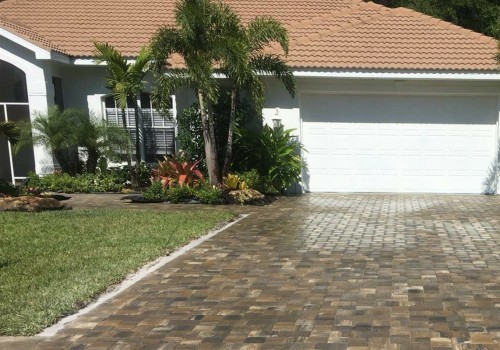
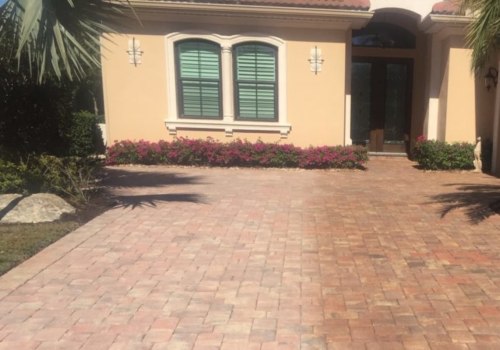

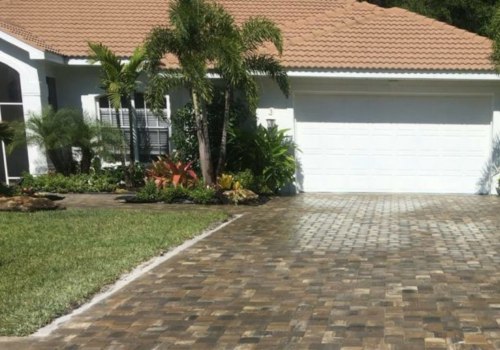
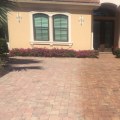
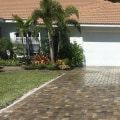
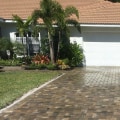
Leave Message